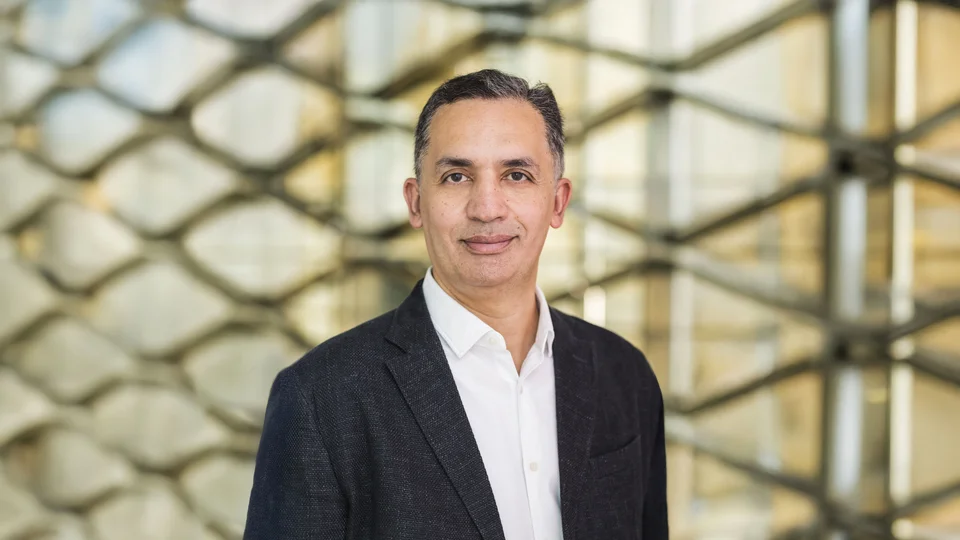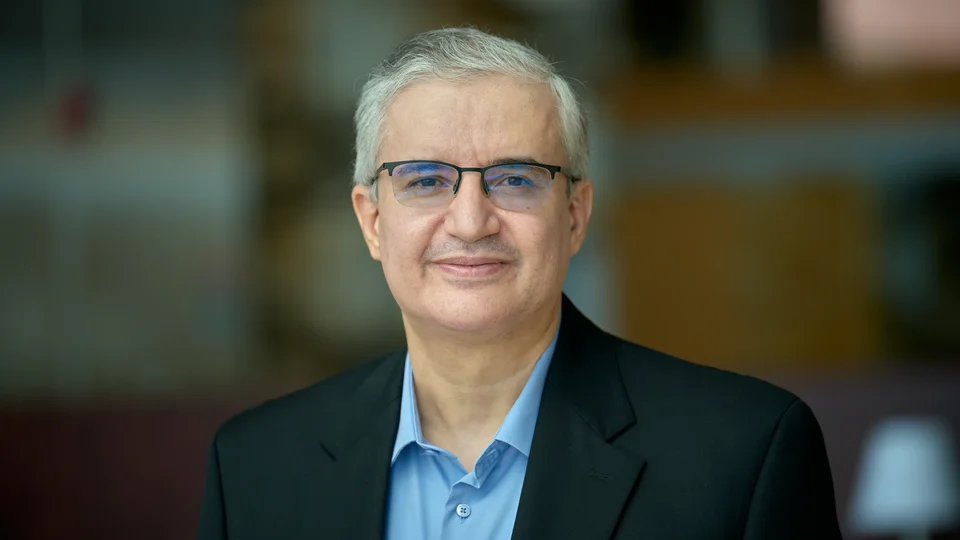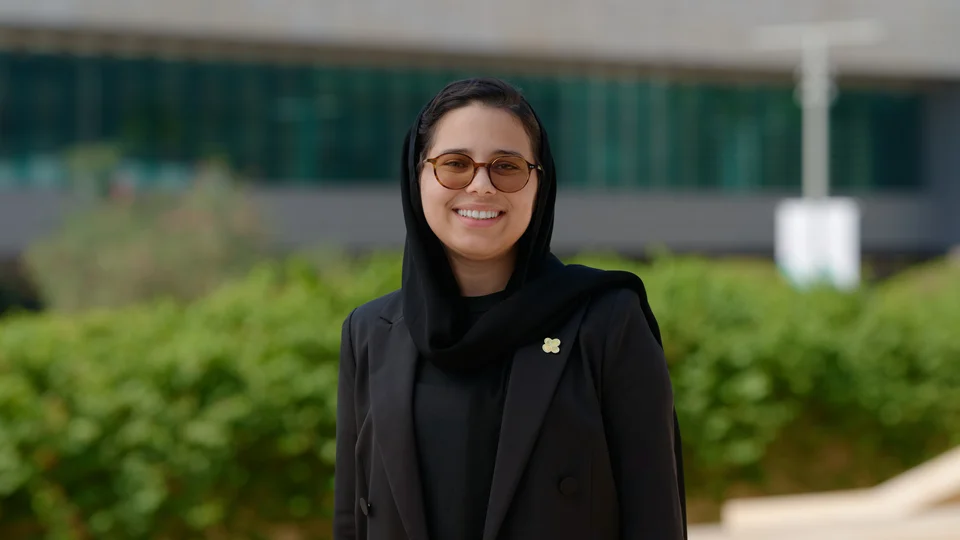About
By David Murphy
The research work of KAUST Ph.D. student Rawan Alghamdi was announced as the runner-up prize winner in the IEEE Competition on Non-Terrestrial Networks (NTN) Beyond 5G and 6G, as part of the "Connecting the World from the Skies" Forum.
The hybrid three-day forum took place simultaneously in Riyadh and online from November 8-10. The event was hosted by the International Telecommunication Union and the Communications, Space & Technology Commission of Saudi Arabia and organized by the IEEE Future Networks Initiative.
The forum covered airborne and space-borne communication networks from technology, space and science policy perspectives. A total of 28 papers were submitted, representing the work of 100 participants from 17 countries and 34 universities and research centers.
Second place, and a prize of $5,000, was awarded to Alghamdi based on her work titled “Toward Equitable 6G Access Service via Cloud-Enabled High-Altitude Platform Systems.”
“To be able to compete and be selected alongside other more experienced researchers is an honor. It also confirms the excellent mentorship and support I receive from my advisors at KAUST. This award allowed me to attend the forum and meet several researchers whose work inspired me,” Alghamdi said of her recent prize.
“It was a great pleasure not only to compete with them but also to socialize with them. Holding technical and scientific discussions with academic and industry professionals boosted my confidence in my technical skills.”
Exploiting NTNs to bridge the digital divide
The research paper is a joint work between Alghamdi and her colleagues Hayssam Dahrouj, Associate Professor at the Electrical Engineering Department, University of Sharjah, UAE; Tareq Al-Naffouri, Professor of Electrical and Computer Engineering, KAUST; and KAUST Distinguished Professor of Electrical and Computer Engineering Mohamed-Slim Alouini.
In their work, the researchers examined the problem of digital inequality or unequal access to digital technology and internet access in many parts of the world. Recognizing this issue as a contemporary manifestation of inequality, their research explores efficient solutions that offer equitable wireless access to rural areas by utilizing non-terrestrial networks (NTNs) to communicate from the sky.
One candidate solution considers stratospheric high-altitude platform systems (HAPS), which fly at an altitude of approximately 20 km. Their proposed model considers HAPS as clouds in the sky, providing high-speed data-sharing fronthaul connection to hot-air balloons and terrestrial base stations. These balloons and stations would provide radio access to aerial and terrestrial users.
“Our work devises resource allocation schemes inspired by the need to create a digital equity paradigm. A paradigm that finds a trade-off between maintaining a good quality of service for the connected and providing an inclusive and equitable service for the unconnected,” she explained.
Maintaining an appetite for cutting-edge research
Alghamdi is pursuing her Ph.D. degree in Electrical and Computer Engineering under the joint supervision of KAUST Professors Alouini and Al-Naffouri. Her research interests mainly focus on wireless communication theory and networks, next-generation communication systems and cross-layer optimization in wireless communication systems.
The main thrust of her current research is the integration of air-ground-maritime-underwater communication networks to provide connectivity to unconnected areas. According to Alghamdi, developing a comprehensive understanding of each segment and the integration between them is critical to society’s ability to experience a fully immersive connectivity framework in the next 20 years.
“The aim of the KAUST Information Science Lab and the Communication Theory Lab is to create a seamless connectivity framework that can connect people in sparsely populated, densely populated and hard-to-reach areas. We believe in creating an inclusive connectivity model that leaves no one behind,” she explained.
“I am very grateful to be given the opportunity to represent our work and KAUST at the forum. I would also like to thank my advisors—Profs. Mohamed-Slim Alouini, Tareq Al-Naffouri and my research mentor, Prof. Hayssam Dahrouj—for teaching me everything I know about research and developing my research appetite to what it is now,” Alghamdi concluded.


